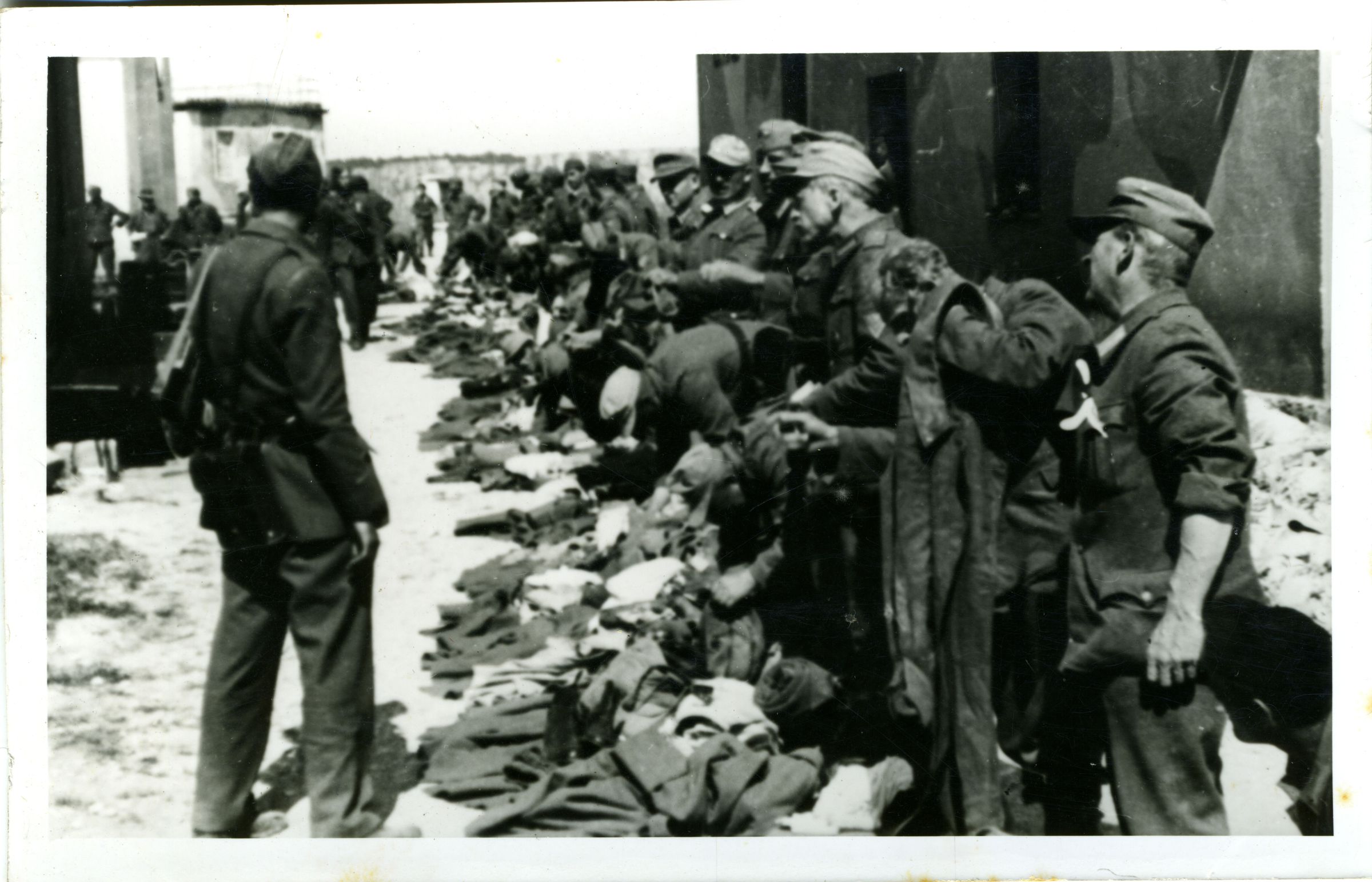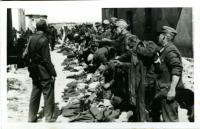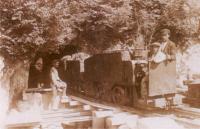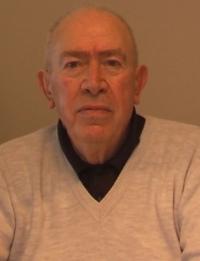...we didn’t ask for our salary or anything, we just wanted to fight, to engage...

Download image
Jakov Rojnić was born in 1925 in a small village of Kovačići. His father Paškvalin and mother Foška (maiden name Draguzet) had twelwe children of whom ten survived. His family was poor so his mother was sewing neighbours’ clothes to feed her family. His father was a veteran of the First World War. During Italian administration in Istria his surname was changed into Roini. He finished Italian primary school in Petehi. He disliked school and enjoyed more by helping his family in agriculture. In his homeplace, people have heard about the partisans from the stories told in Raša mines where he worked on bauxite research. After Italian capitulation they went to their homes and joined the partisans. Jakov was starting to organize partisan units. His group arrived in Žminj and witnessed heavy bombing. They needed to hide, but there were no severe casualties. Then was the first time he took a gun into his hands. During the war he passed through almost whole of Istria, was wounded in the leg and three of his brothers died in the war. He performed difficult tasks during the war, setting up ambushes, rescuing Allied pilots and his fellow fighters. He witnessed the end of the war in Rovinj whereupon he got the assignment of guarding German prisoners. His group transported the Germans from Pula to Rijeka. He joined the police force working as a police commissar in Motovun. Soon after that he finished a police course and started to work on Yugoslav - Italian border with task of stopping the smuggling. He worked in Pula as a director of several enterprises.


